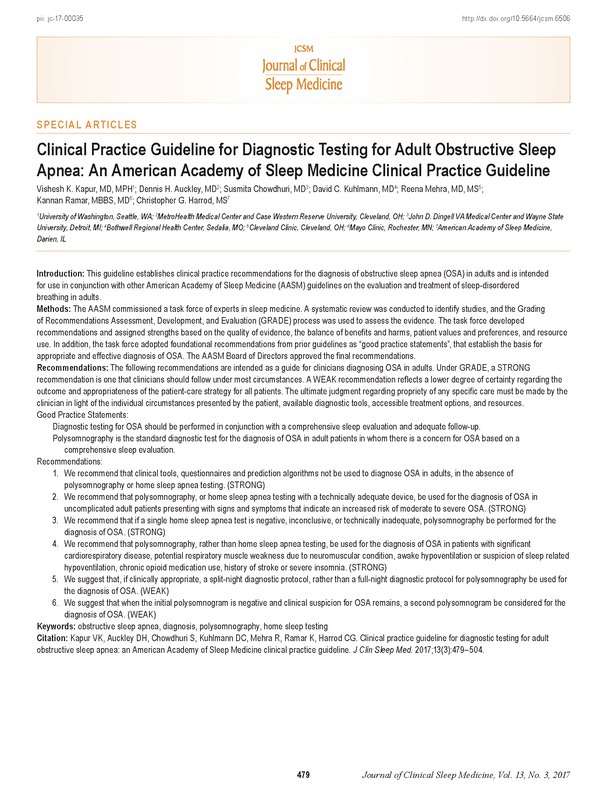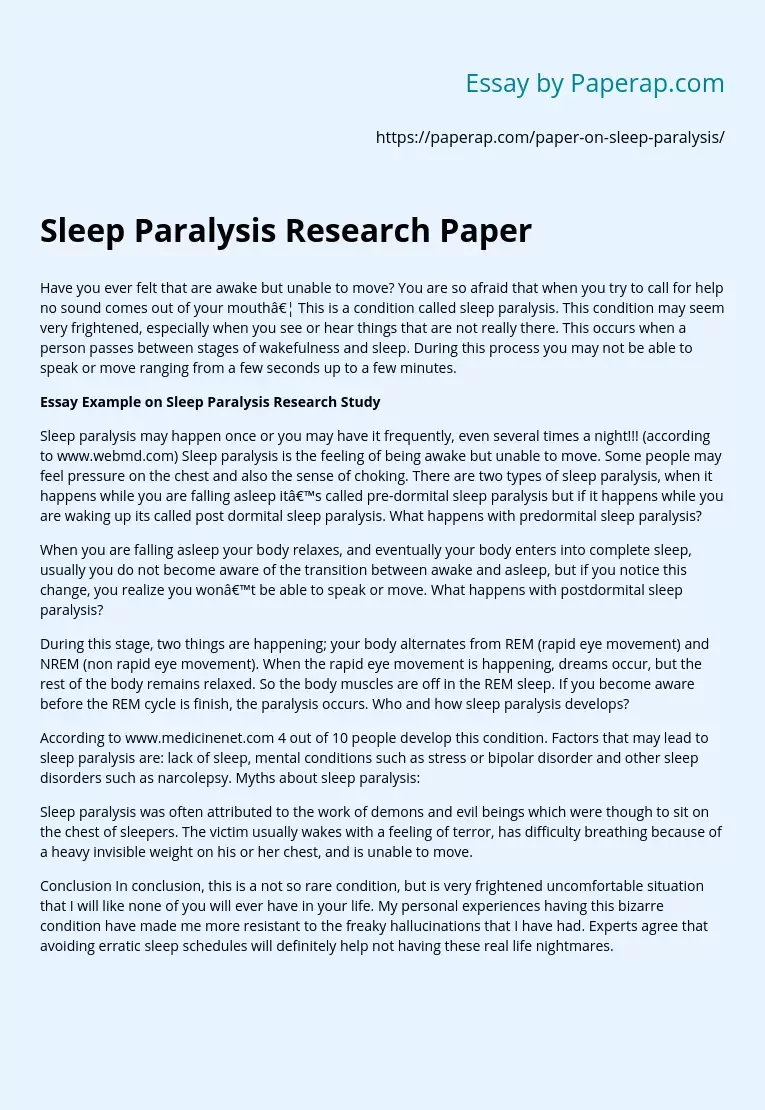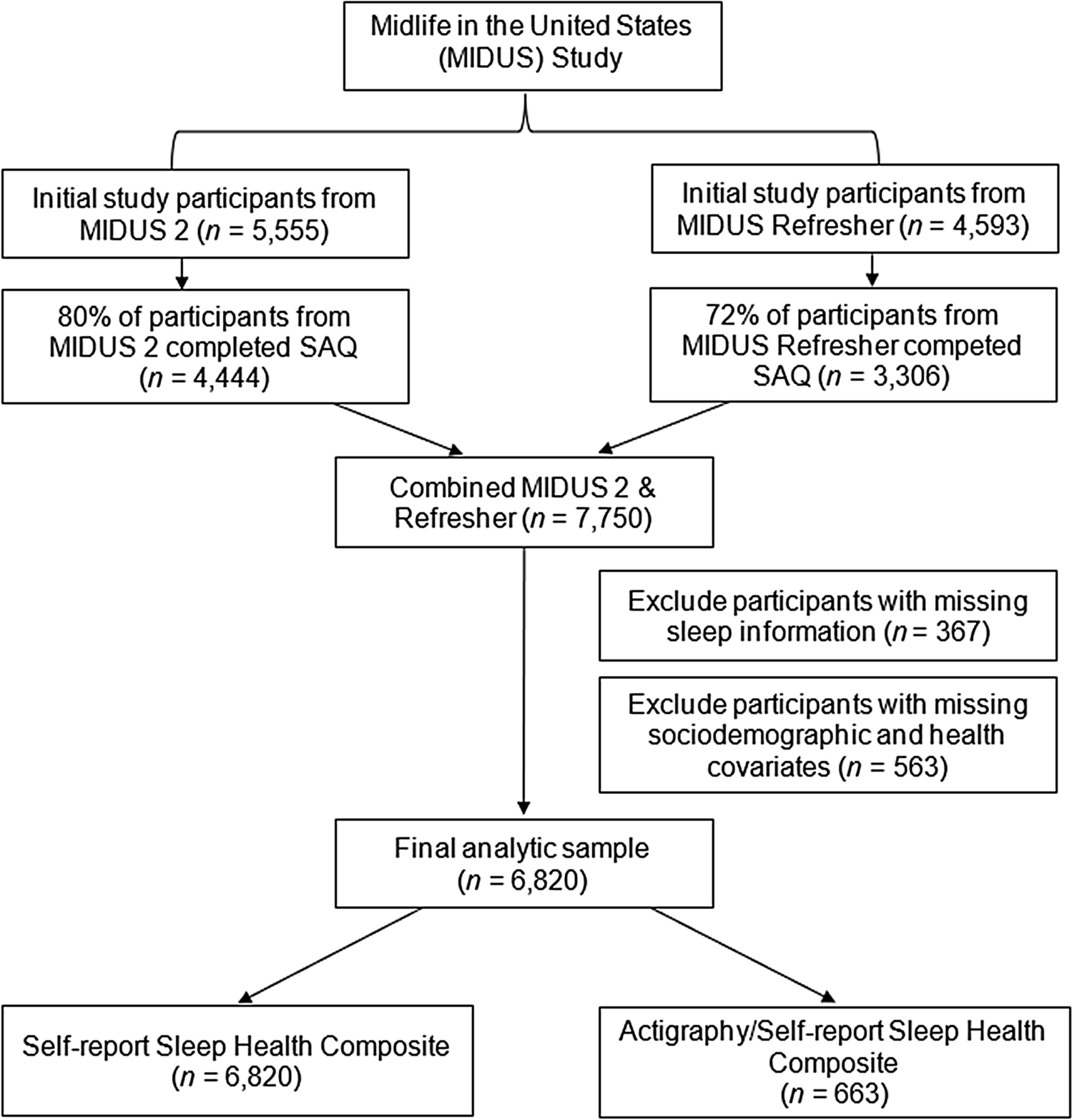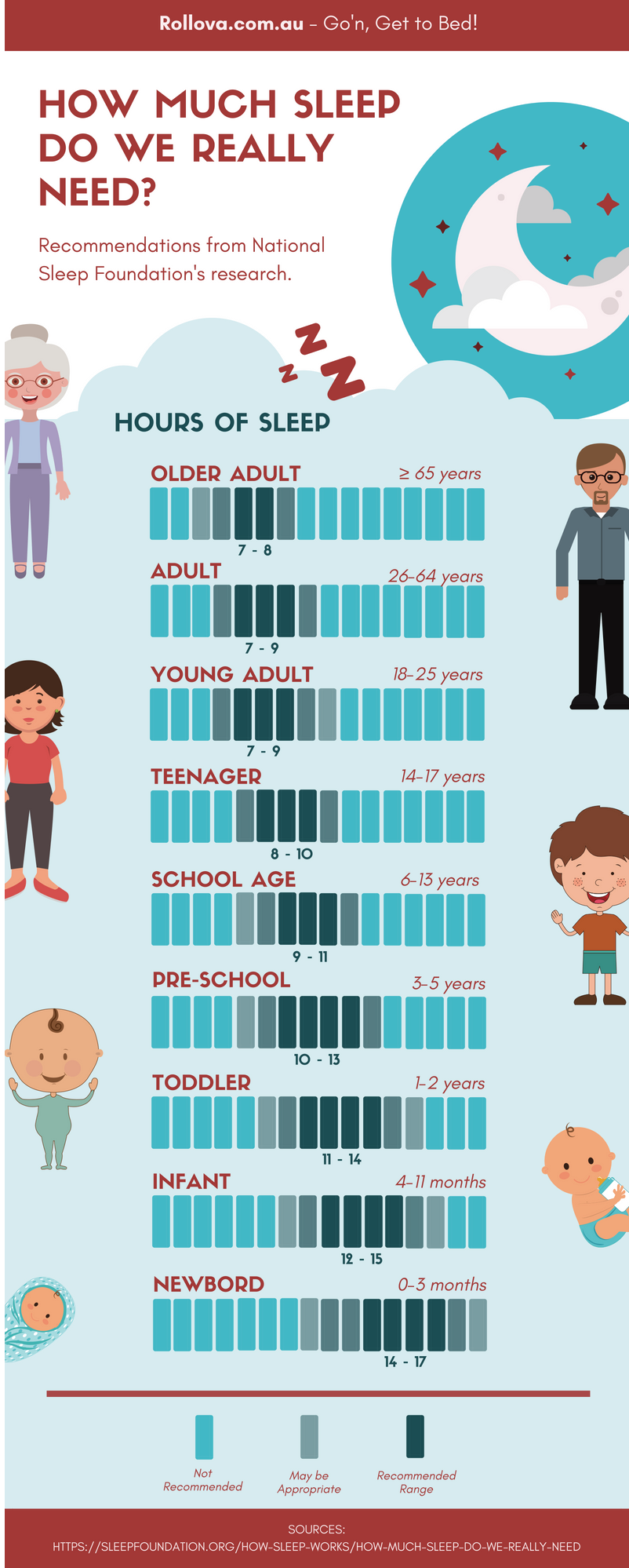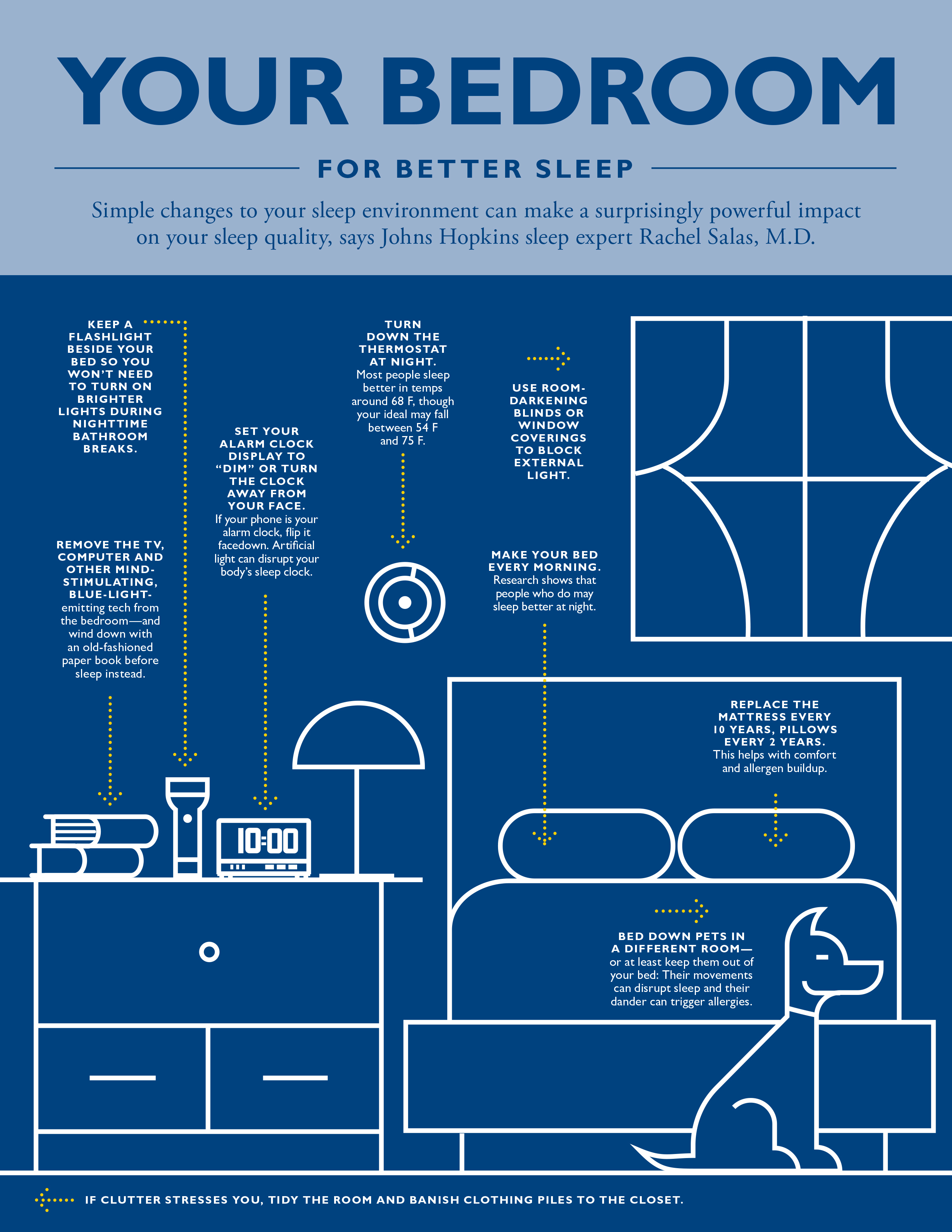Sleep is a vital aspect of human life that plays a crucial role in maintaining physical and mental health. Despite its importance, many people struggle with sleep, whether it be difficulty falling asleep, staying asleep, or getting enough sleep. In recent years, there has been a significant increase in research on sleep and its effects on the body and mind.
One area of sleep research focuses on the impact of sleep on physical health. Studies have shown that insufficient sleep is associated with a range of negative outcomes, including increased risk of obesity, diabetes, cardiovascular disease, and even mortality. On the other hand, getting enough sleep has been shown to improve immune function, decrease inflammation, and lower the risk of developing these conditions.
Another area of sleep research looks at the relationship between sleep and mental health. Lack of sleep has been linked to mood disorders such as depression and anxiety, as well as cognitive impairments including poor memory and concentration. On the other hand, getting enough sleep has been shown to improve mood, cognitive function, and overall quality of life.
There are also various factors that can affect sleep quality and duration, such as age, lifestyle habits, and medical conditions. For example, older adults tend to have more difficulty falling and staying asleep, while shift workers may have disrupted sleep schedules due to their work schedules. Medical conditions such as sleep apnea and restless leg syndrome can also interfere with sleep.
In addition to these factors, the use of technology and screens has also been linked to sleep disturbances. The blue light emitted by screens can interfere with the production of the sleep hormone melatonin, leading to difficulty falling asleep and staying asleep.
To improve sleep, there are several strategies that can be effective. These include establishing a consistent sleep schedule, creating a relaxing bedtime routine, and avoiding screens before bedtime. For those with more severe sleep issues, medical treatment or therapy may be necessary.
In conclusion, sleep is an essential aspect of human life that has significant effects on both physical and mental health. While there are various factors that can impact sleep quality, there are also many strategies that can be used to improve sleep and ensure that we get the rest we need to maintain our health and well-being.
